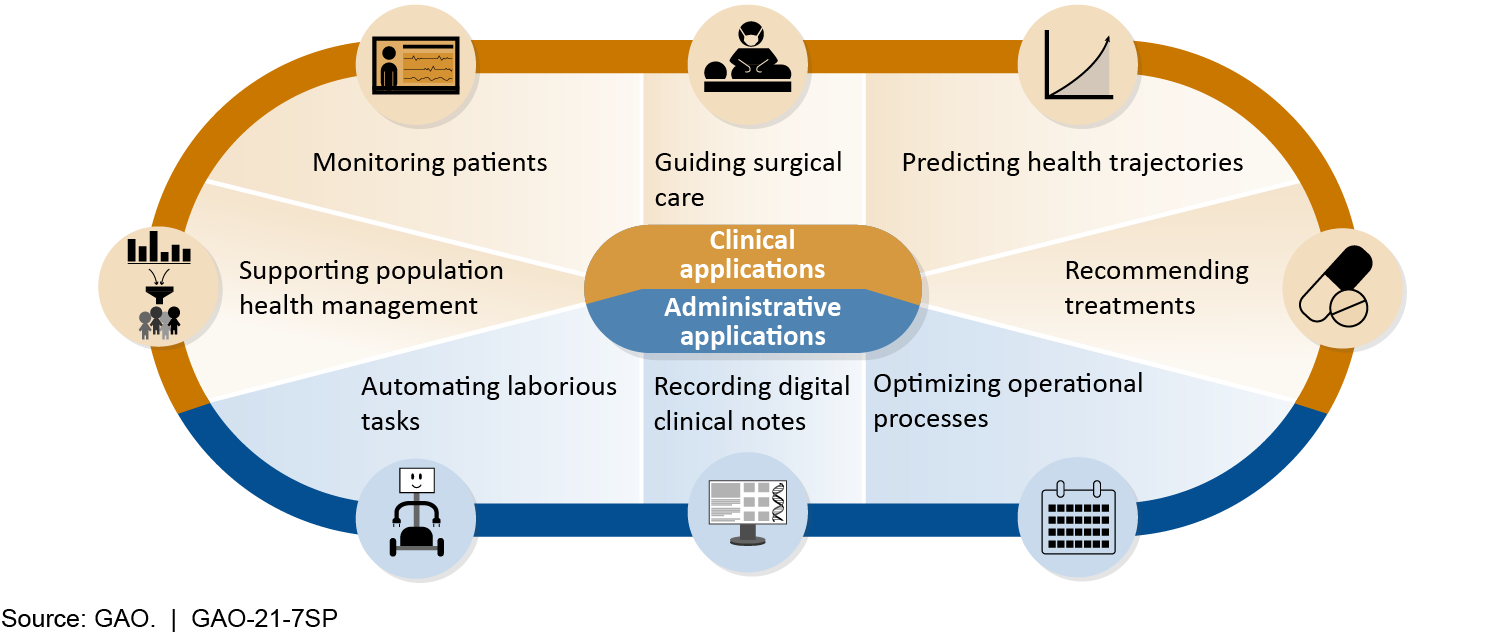Three decades of health policy in UK explained in one book. This is what you'll find in the latest contribution of Calum Paton. It is a must read for any health policy maker, specially for those that considered UK NHS as a benchmark. There are hard statements to be considered. I have selected the following ones:
This book has been concerned with explaining politically why irrelevant solutions have been ‘the story’ in England, as regards health policy. So, at one level, the response could be, ‘So what? Yes, a lot of money has been wasted; now, let’s move on.’ This of course is the politician’s response.
Health policy in England over the last 25 years has been dominated by ideologically rooted policy salesmen, based either in think-tanks funded by private interests or operating as part of ‘sofa government’ in health policy (Paton 2012 ) and this has blurred the distinction between the public interest and private interests. There has been no countervailing advocacy of equal weight in defence of the public interest (defined here as an attempt to derive the interest of the whole community or nation rather than private beneficiaries).
The ‘rational’ interpretation of policy-making suggests to the present author, as described above, that policies are developed as means to an end, and that this ‘end’ consists in the solution to a problem which is generally accepted to be salient in the sense that a solution is necessary
Lens 1 Rationality
Lens 2 Pluralist Rationality
Lens 3 Power Elite; Structural Interests; Ruling Class
Lens 4 Garbage Can
Lens 5 Ideology; ‘radical’ power; ‘discourse’
Unifying lens: explaining 25 years
The political result of persistent English NHS upheaval is to weaken the legitimacy of the English NHS. The public, by a slow osmotic drip, comes to think that there must be something intrinsically wrong if the NHS is always being reformed, and if politicians, their advisers, and the media are persistently hand-wringing about it. As argued above, once an ill-thoughtout reform is set in motion and not ‘nipped in the bud’, it takes on a logic of its own. Reform begets reform—in part to repair mistaken initiatives from the previous round, and in part to make new initiatives, in the belief
common to both ‘managerialism’ and ‘market ideology’ that there is a better alternative out there.
This is not an argument against any reform at any time: it is an argument for more rationality in reform. Yet, it may plausibly be argued, I have presented a compelling case as to why such rationality has been absent from the trajectory of English health policy reform.
Taking politics out of the NHS would be to take politics out of politics. The answer is unspectacular and by no means a ‘silver bullet’ to solve the problem: the answer lies in a cultural change in terms of how politics, and in particular so-called public service reform, is viewed and practised.
The idea of taking politics out of the NHS has been shown to be a vain pursuit: every committee of the great and the good, and every report by an external ‘worthy’, proposing such comes to nought.
What is required to establish a health reform, or ‘anti-reform’, along the lines proposed above is something very different. It requires a consensus that health policy and the NHS do not benefit from market initiatives and ‘public service reform’ as a code for the market, whatever may be the case in the wider economy. In other words, one can be a believer in free markets and free trade, yet draw a line when it comes to health and some other public services, such as railways, which are either ‘natural monopolies’ or have other special characteristics.I think that this kind of analysis is really welcome in a society that focuses on immediate issues and it is uncapable to understand the whole process that takes to long time to be built. For me, Calum Paton (for UK) and John McDonough (for USA) are my key references to understand health policy. Unfortunately, close health policy makers are far from using them.
PS. On the health reform industry:
The challenge for health policy analysis—which actually should mean the analysis of healthcare politics, an inconvenient truth which is itself often ignored—is often more to demolish fashionable, faddish, and foolish ‘new orthodoxy’ (if one can accept the oxymoron) than to propose some new policy ‘solution’. The problem is that ‘solutions’ are sexier, and also form the basis for an industry which sustains not only management consultants and private profiteers but also academics, think-tankers, and political advisers who combine punditry with policy proposals, to the delight of politicians
who are seeking their very own monument in the form of a ‘reform’.
The reform industry, including health policy academics, has in some cases spent more than 25 years proposing and advising on reforms which ‘dis-integrate’ the NHS only to come late to the table of integration.



